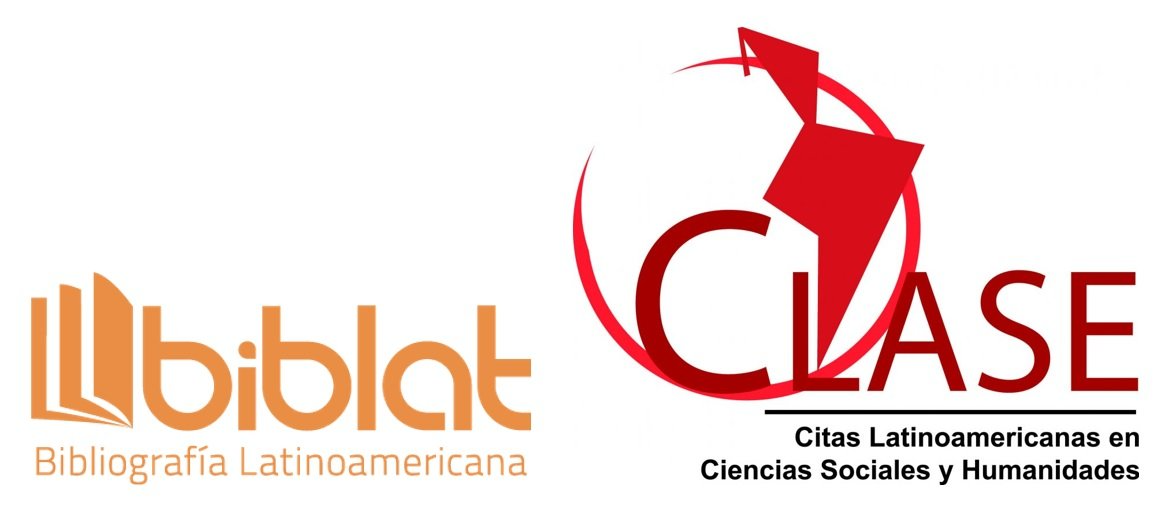Similar Articles
- Sandra Ramírez-García, Martha Elena Nava-Tablada, Cooking alternatives: Rethinking food education from the perspective of social space , Vínculos Sociología, análisis y opinión: Vol. 6 No. 11 (2025)
- Jesús Manuel Escobedo de Luna, Influence of the Welfare Program Income on the Elderly on the hunger of the poorest strata of Mexico in the year 2022 , Vínculos Sociología, análisis y opinión: Vol. 6 No. 11 (2025)
- Laura García Navarro, Marcelo Sandoval Vargas, The Police Strategy in Jalisco: The Spectacle of Security, the Reality of Capitalist War , Vínculos Sociología, análisis y opinión: Vol. 6 No. 12 (2025)
- Carlos Miguel González Huerta, Between the technological and the political. The risk discourse on the neoprens of Line 3 of the Guadalajara Light Train , Vínculos Sociología, análisis y opinión: Vol. 4 No. 8 (2023)
- Maribel Núñez Rodríguez, To Eat or Not to Eat: Gender, Typologies, and Eating Practices of Women with Larger Bodies , Vínculos Sociología, análisis y opinión: Vol. 6 No. 11 (2025)
- Gabriela Patricia González del Ángel, Israel G. Ozuna García, Peri-urban kitchenspaces and their value as territories of cultural resistance to neoliberal culinary modernity , Vínculos Sociología, análisis y opinión: Vol. 6 No. 11 (2025)
- David Coronado, La oscura relación entre el orden y la violencia , Vínculos Sociología, análisis y opinión: No. 11 (2017)
- María de los Ángeles Gallegos Ramírez, Agustín Hernández Ceja, Persistence and Reinterpretation of the Religious in Contemporary Society , Vínculos Sociología, análisis y opinión: Vol. 1 No. 1 (2020)
- Joaquín Peña Piña, Procesos migratorios, cambio social y modernización en una comunidad indígena Mam de Chiapas , Vínculos Sociología, análisis y opinión: No. 12 (2018)
- Josué Rosendo Rentería, The margins of the just transition around work and employment in the solar photovoltaic industry in Jalisco, México. , Vínculos Sociología, análisis y opinión: Vol. 6 No. 11 (2025)
You may also start an advanced similarity search for this article.





